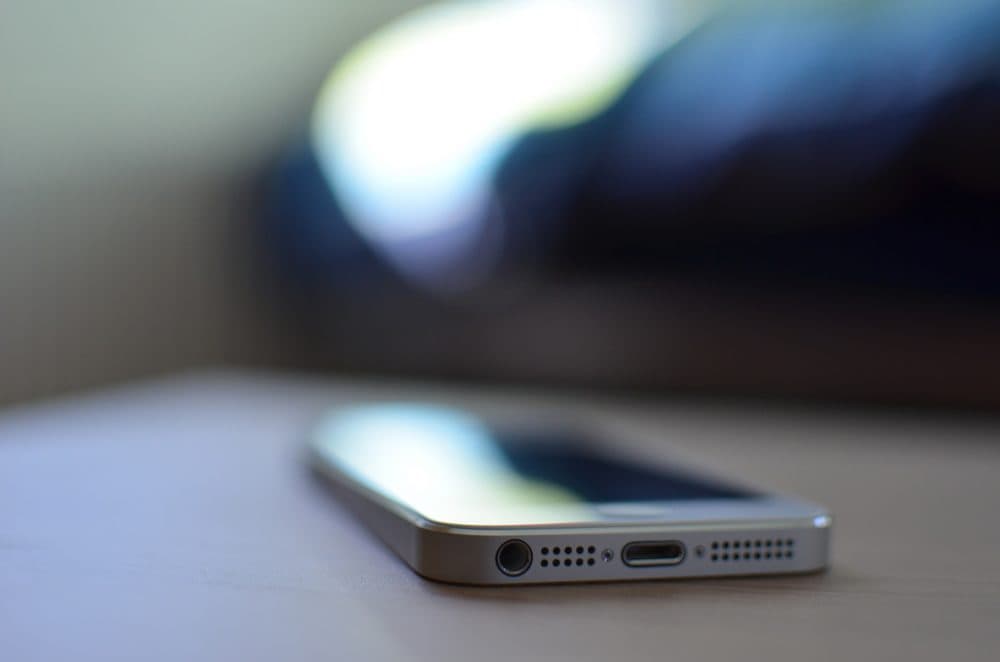Advertisement
Police Must Have Evidence Of A Crime Before Seizing A Suspect's Phone, Mass. High Court Declares

Massachusetts' highest court has ruled that police must have particular evidence of a crime before seizing a suspect's cellphone.
An officer's belief that a phone may have evidence of a crime is not enough to claim probable cause to search or seize the phone, the state's Supreme Judicial Court declared Wednesday.
The American Civil Liberties Union of Massachusetts called the decision a victory for privacy advocates.
"The Court’s ruling preserves the protections of the Fourth Amendment and Article Fourteen in our new technological age and ensures that simply owning a cellphone does not establish probable cause," ACLU attorney Jessie Rossman said in a statement.
The ruling bars the Suffolk County District Attorney's Office from using information on a cellphone seized from Onyx White, who was charged with the murder of a store clerk during an armed robbery in Roxbury in February 2010.
During the investigation, which focused on White as one of three suspects, a Boston police detective collected White's phone from his high school — which a school administrator was holding, in compliance with school policy — to prevent White from deleting or altering any evidence that might have been on the device. At that time, the detective had no indication that the cellphone had evidence of the crime on it, but based the seizure on the consideration that cellphones are often used in crimes that involve multiple perpetrators.
Sixty-eight days later, once they received a warrant to search the phone, detectives found evidence relevant to the investigation. The defendant moved to suppress this evidence since the seizure was not supported by probable cause, and now the state's highest court agrees.
While probable cause "may be based in part on police expertise of 'the practical considerations of everyday life,' " those considerations do not provide enough of a connection between criminal activity and the places to be searched, Justice Barbara Lenk wrote in the opinion. (The court added that the 68 days between the seizure of the phone and the application of the search warrant was unreasonable.)
The justices argued that the state's argument — that phones are necessary for social interaction, therefore if a crime is committed by multiple people, they probably used a phone — would mean "it would be a rare case" in which probable cause did not lead to searching a suspect's phone.
And that would be inconsistent with the court's earlier declaration that "individuals have significant privacy interests at stake" in their cellphones and the Fourth Amendment should serve to protect those interests.
In 2014, a South Boston digital privacy case reached the U.S. Supreme Court, resulting in a major defense of digital privacy. The case involved police using information from a suspect's cellphone to find his home, where they found enough evidence for a drug conviction. The Supreme Court ruled that police cannot search the cellphone of a suspect without first getting a warrant.
